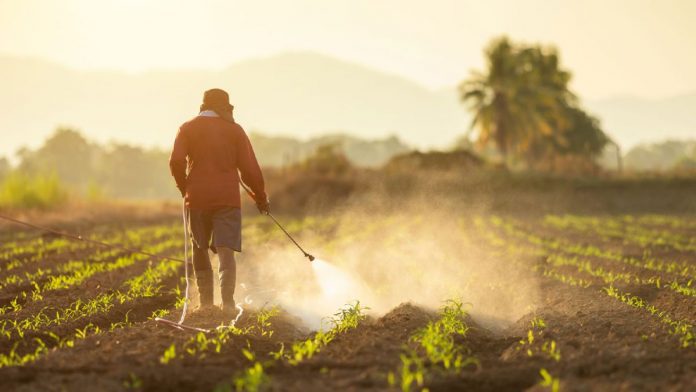News in brief:
– US court nullifies government approvals for dicamba-based herbicides by Bayer, BASF, and Syngenta, citing EPA’s violation of public input procedures.
– The decision raises uncertainty for local farmers relying on dicamba for soybeans and cotton, potentially impacting the upcoming growing season and prompting disagreement from herbicide manufacturers.
A United States court has overturned the government’s recent approvals of certain widely used herbicides, including dicamba-based products sold by industry giants Bayer, BASF, and Syngenta.
This decision, handed down by US District Court Judge David Bury in Arizona, stems from the Environmental Protection Agency’s (EPA) failure to adhere to procedures mandating public input, according to a news report.
Legal ramifications and impact on local farmers
The nullification of these approvals has left local farmers grappling with uncertainty, particularly those who rely on these herbicides for their soybeans and cotton crops genetically engineered to resist them. With environmental activists applauding the move, concerns linger among farmers about financial implications and the diminishing arsenal of weed-fighting options, crucial in an era where weed resistance to herbicides is on the rise.
Bayer, BASF, and Syngenta have expressed disagreement with the ruling, awaiting guidance from the EPA. However, the ruling could potentially disrupt planting decisions for the upcoming growing season, especially for soybean and cotton farmers heavily reliant on dicamba-based solutions.
The court ruling prohibits the application of dicamba products unless already-shipped batches are exempted by the EPA. This decision has been hailed by organisations like the Center for Food Safety as a crucial victory for both farmers and the environment. Notably, this isn’t the first legal setback for dicamba-based herbicides, with a previous appeals court decision in 2020 highlighting understated risks associated with their use.
Under the Biden administration, the EPA has raised concerns regarding the safety of dicamba application on soybeans and cotton, underscoring the need to mitigate potential risks to other crops. This marks a shift from the stance taken under the previous administration, indicating a more stringent approach to pesticide regulation.



